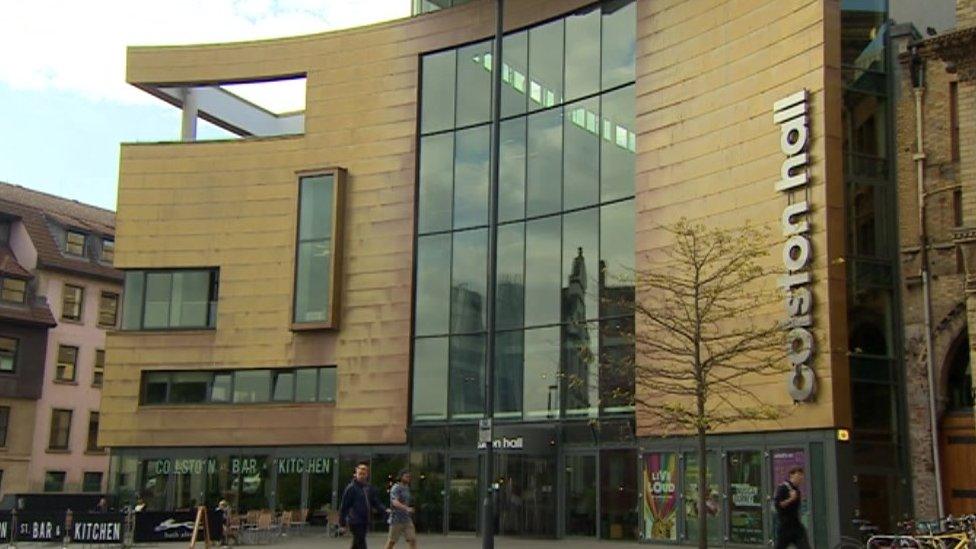Colston's Girls' School in Bristol to keep slaver's name
- Published
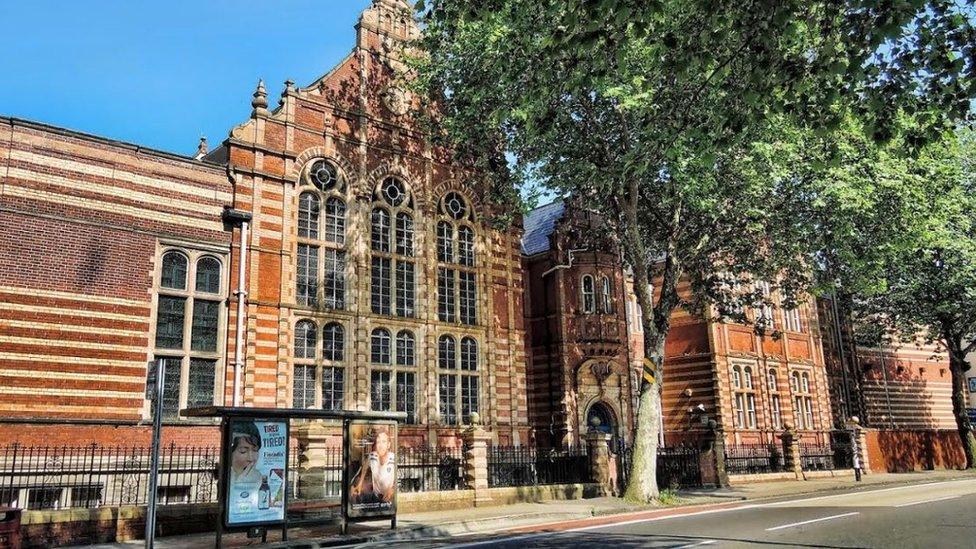
Colston's Girls' School converted from a private school to an academy in 2008
A girls' school named after a 17th Century slave trader will not change its name.
Colston's Girls' School (CGS), in Bristol, said in a letter to parents, external it was "not appropriate" to remove merchant Edward Colston's name.
It comes after music venue, Colston Hall, said it would drop the "toxic" name in 2020 and Colston's Primary said it would consult pupils and parents.
CGS said it "existed today because of the financial endowment" from Colston.
It told parents it had considered the suggestion to rename the school and had "listened carefully to views on both sides".
The letter also said: "We see no benefit in denying the school's financial origin and obscuring history itself.
"To the contrary, by enabling our students to engage thoughtfully with our past, we continue to encourage them to ask questions about present-day moral values and to stand up for what they believe is right," the school said.

Who was Edward Colston?
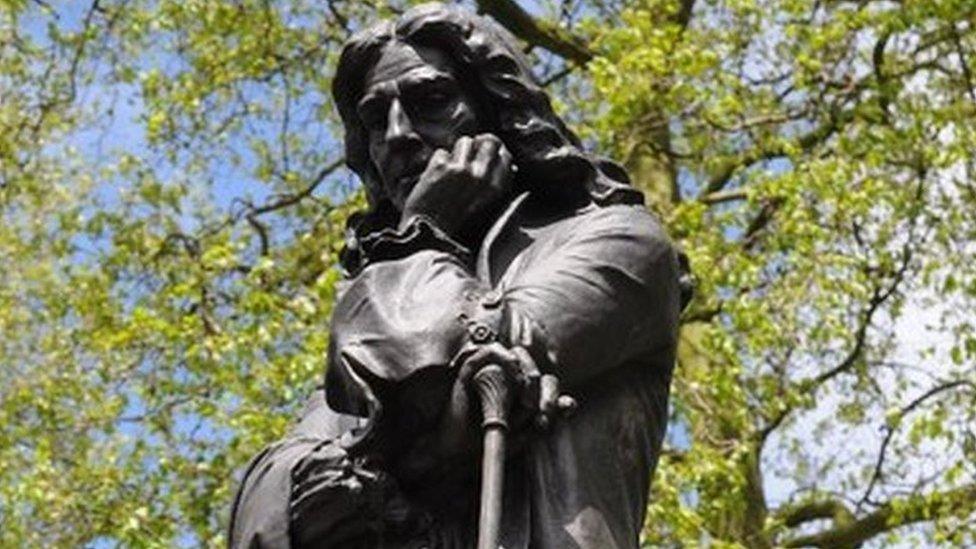
A grand bronze statue of Edward Colston has stood in Bristol city centre since 1895
Colston was born into a prosperous Bristol merchant's family and, although he lived in London for many years, was always closely associated with the city
By 1672, he had his own business in the capital trading in slaves, cloth, wine and sugar. A significant proportion of Colston's wealth came directly or indirectly from the slave trade
In 1680, he became an official of the Royal African Company, which at the time held the monopoly in Britain on slave trading
He donated to churches and hospitals in Bristol, also founding two almshouses and a school
Colston also lent money to the Bristol corporation and was a city MP for a short time
The bronze statue commemorating Colston in the city of his birth has an inscription on it which reads: "Erected by citizens of Bristol as a memorial of one of the most virtuous and wise sons of their city". There is no mention of his role in the slave trade
Source: BBC History/Nigel Pocock

- Published4 July 2017
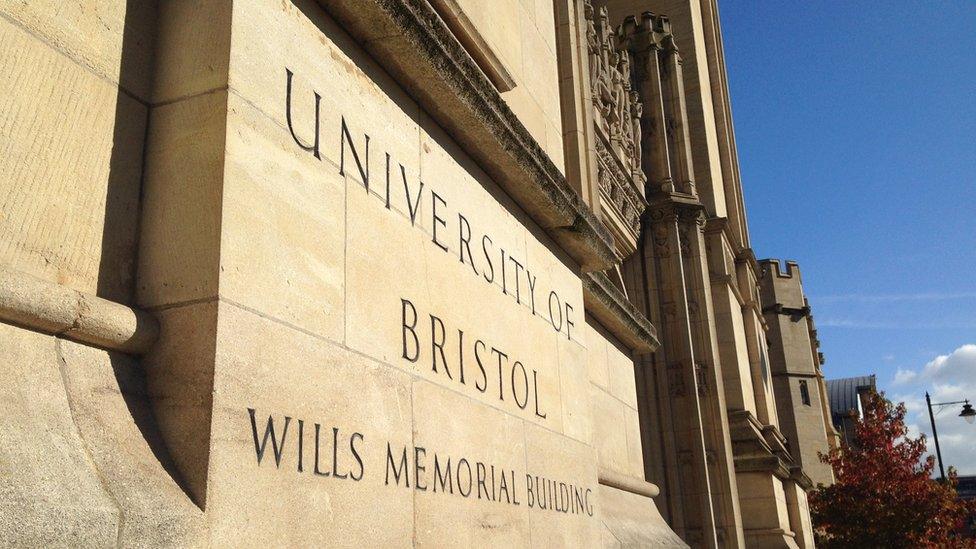
- Published26 June 2017
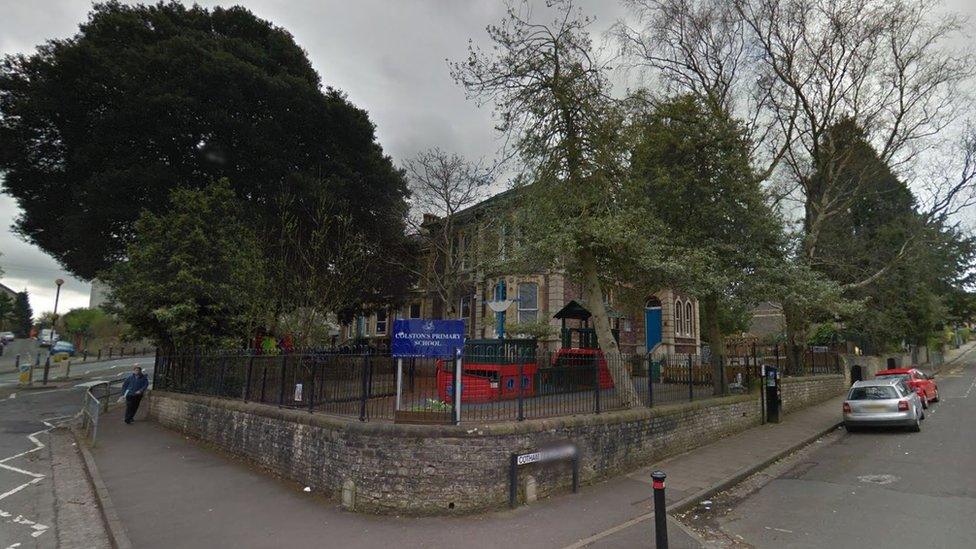
- Published26 April 2017
